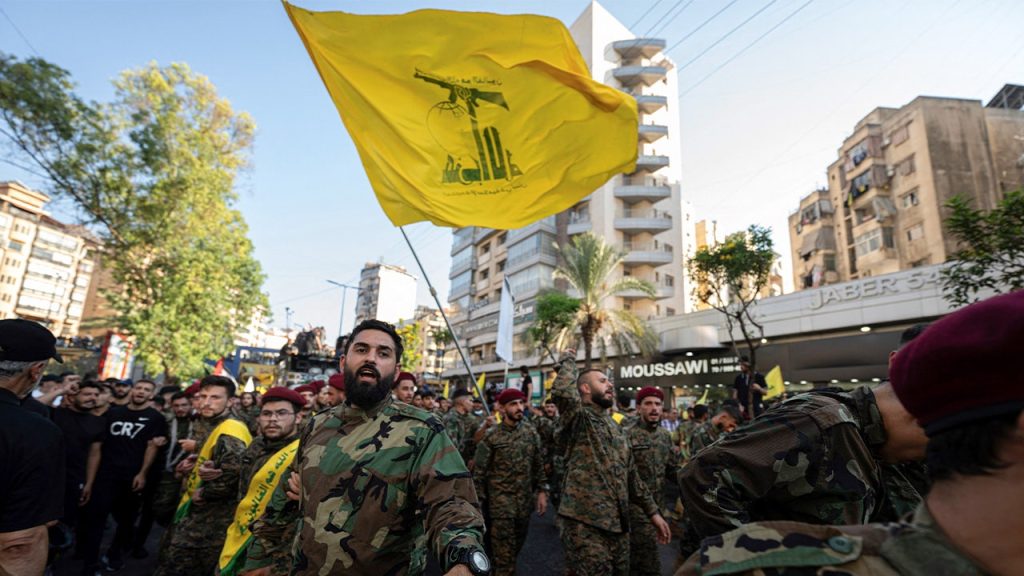Hezbollah launched 30 rockets from Lebanon into northern Israel early Monday, resulting in no casualties. This attack came amid tensions over the assassination of Hamas leader Ismail Haniyeh in Tehran and fighting between Hezbollah militants in Lebanon and Israeli forces. In response to the attack, the Israeli Defense Forces confirmed the death of Faud Shukr, Hezbollah’s “No. 2” commander, who was involved in the 1983 Beirut bombings that killed 241 U.S. military personnel. The IDF identified Shukr as the mastermind behind an attack that killed a dozen youths in Israel’s Golan Heights, despite Hezbollah denying involvement.
The situation escalated as the U.S. Defense Secretary Lloyd Austin ordered a guided missile submarine to the Middle East and instructed the USS Abraham Lincoln aircraft carrier strike group to sail more quickly to the area. The U.S. and other allies are working towards a cease-fire agreement between Israel and Hamas to calm tensions following the assassinations of Haniyeh and Shukr. Maj. Gen. Pat Ryder, Pentagon press secretary, stated that America is committed to defending Israel and has strengthened its military force posture and capabilities in the Middle East in response to escalating regional tensions.
The IDF confirmed that no injuries were reported from the rocket barrage launched by Hezbollah into northern Israel. The attack was seen as retaliation for the assassination of Hamas leader Ismail Haniyeh in Tehran last month. The conflict between Hezbollah militants and Israeli forces has intensified in recent weeks, raising concerns of further spreading violence in the region. Hezbollah had suffered a significant loss with the death of Faud Shukr, its “No. 2” commander, who was implicated in the 1983 Beirut bombings that killed U.S. military personnel.
The U.S. decision to deploy a guided missile submarine and instruct the USS Abraham Lincoln aircraft carrier strike group to speed up their journey to the Middle East reflects the growing tensions in the region. The United States and its allies are working towards achieving a cease-fire agreement between Israel and Hamas to ease the crisis following the assassinations of key figures. The strengthening of U.S. military presence in the Middle East is in response to the escalating regional tensions and a commitment to defending Israel.
The assassination of Hamas leader Ismail Haniyeh in Tehran and the subsequent rocket attacks by Hezbollah into northern Israel have heightened tensions in the region. The Israeli Defense Forces responded to the attacks by confirming the death of Faud Shukr, Hezbollah’s “No. 2” commander. The conflict between Hezbollah militants and Israeli forces has raised concerns about a potential escalation of violence, particularly with a month-long conflict ongoing in Gaza. The U.S. has increased its military presence in the Middle East to support Israel and help ease tensions in the region.
The rocket attacks launched by Hezbollah into northern Israel and the death of Faud Shukr, Hezbollah’s “No. 2” commander, have further exacerbated tensions in the region. The U.S. response, including deploying military assets to the Middle East, reflects the seriousness of the situation and the commitment to defending Israel. Efforts are being made to establish a cease-fire agreement between Israel and Hamas to prevent further escalation of violence. The situation remains fluid, with ongoing conflicts and geopolitical dynamics at play in the Middle East.


